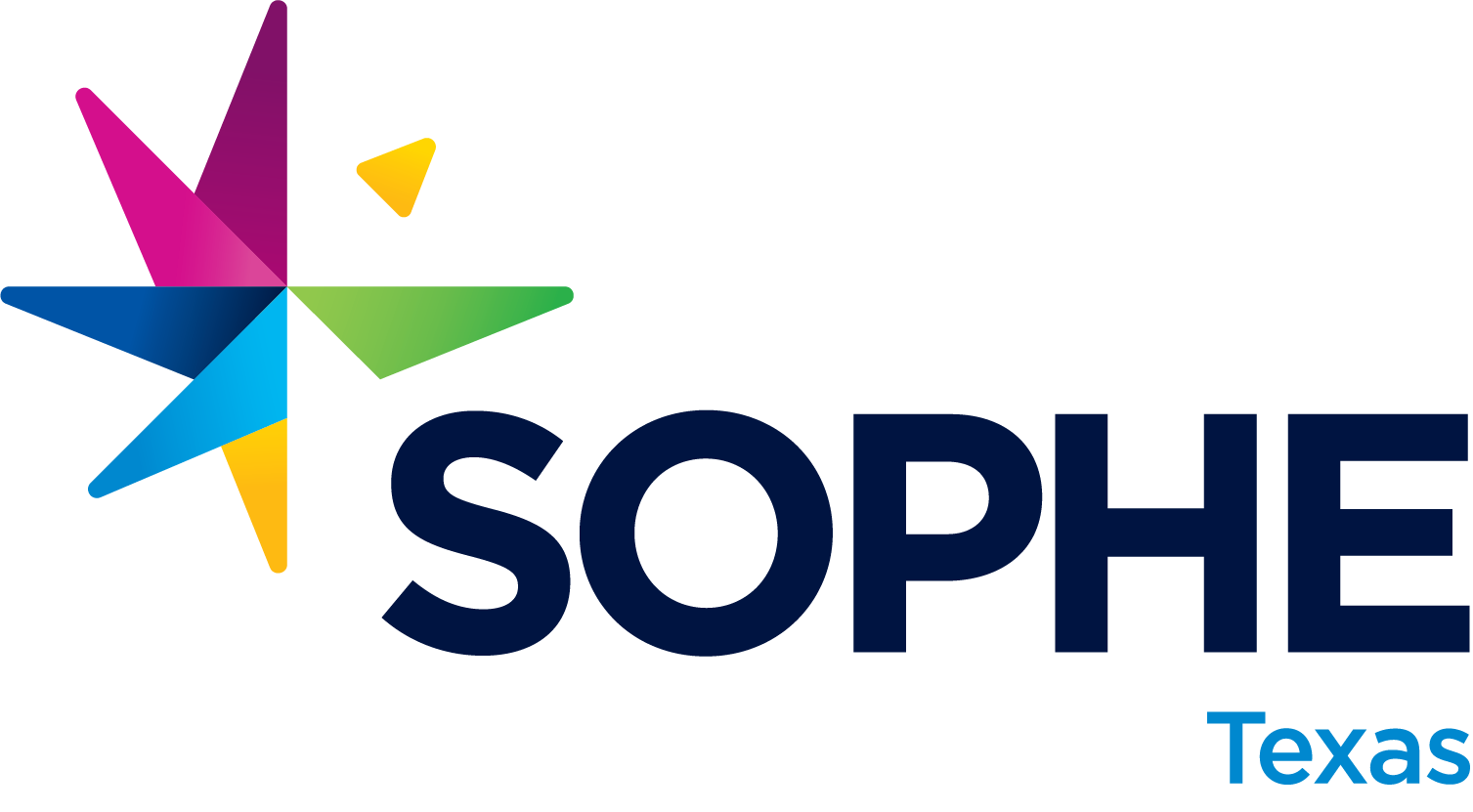Natalia Rodriguez currently works as a Program Manager for the Center for Health & Nature. She received a Bachelor of Science degree in Mathematical Biology from the University of Houston and her Master of Public Health from UTHealth Houston School of Public Health. Natalia is serving as the National Delegate for the Texas SOPHE Executive Board.
Q) What inspired you to pursue a career in public health, and how has this journey shaped your commitment to public health education?
As an undergraduate student, I worked with Upward Bound, a mentorship program supporting high school students in need of academic assistance and college preparatory skills. While I was prepared to help with test preparation and essay writing, I often found myself helping students navigate personal and social challenges outside the classroom. This experience opened my eyes to how deeply our educational system influences public and community health outcomes. Many of my subsequent professional roles also centered on education, reinforcing my interest in teaching and mentorship. Combined with volunteer work in the community, these experiences guided me toward a career in public health. They solidified my belief in the transformative power of health education and its role in promoting overall well-being. Public health presents many challenges, but what continues to inspire me is the opportunity to spark change through dialogue, encourage healthier behaviors, and empower communities through education and outreach.
Q) Reflecting on the SOPHE 2025 Annual Conference (April - Long Beach, California) themed "Waves of Change: Embracing Diversity and Technology for Equity and Wellness," which sessions or topics were you most excited about and why?
I was especially excited to attend the "Preparing a Resilient Health Education Workforce: Navigating Winds of Change" plenary presentation featuring Moose Alperin, EdD, MPH, MCHES; Tekisha Dwan Everette, PhD, MPA, MPH; and Laura Rasar Kind, EdD, MPH, MCHES. Each speaker shared their personal journey into public health, tracing their path from initial career interests to their current roles. It was inspiring to hear how each of them began with different aspirations, yet all ultimately found their purpose in public health—a field they now couldn’t imagine being without. Dr. Evertte's remarks particularly resonated with me. She highlighted the danger of becoming complacent and emphasized the importance of taking consistent, intentional action to uphold our public health values. Her message was a powerful reminder that while the field of public health has faced many disruptions and continues to evolve, our commitment must remain. I am optimistic that the students of today will join our workforce and be leaders in public health to pave the way for better days ahead.
Q) Can you share a memorable experience from the SOPHE 2025 Annual Conference that significantly influenced your professional development or perspective on public health education?
SOPHE 2025 was my first conference, but still full of great professional connections and memorable experiences. I really enjoyed the remarks by current SOPHE president, Leonard Jack, Jr. He spoke about remaining reaffirmed in our work, and not losing sight of the critical role that we serve society through all of our public health efforts. I also had a great time meeting current undergraduate and graduate public health students from Texas during the Chapter mixer event. It was great to hear their reflections from attending the conference, and their enthusiasm to be a part of the field.
Q) Outside of work and TSOPHE, what do you enjoy doing?
Outside of TSOPHE, I love my current role with the Center for Health & Nature and working with communities to promote the intersection of health and nature. Nature is healing! I like to balance my day by finding ways to reset and reconnect in nature. Most of my weekends are spent outdoors; I enjoy taking my dog on long walks, running with friends, and traveling with my sisters to state parks.
